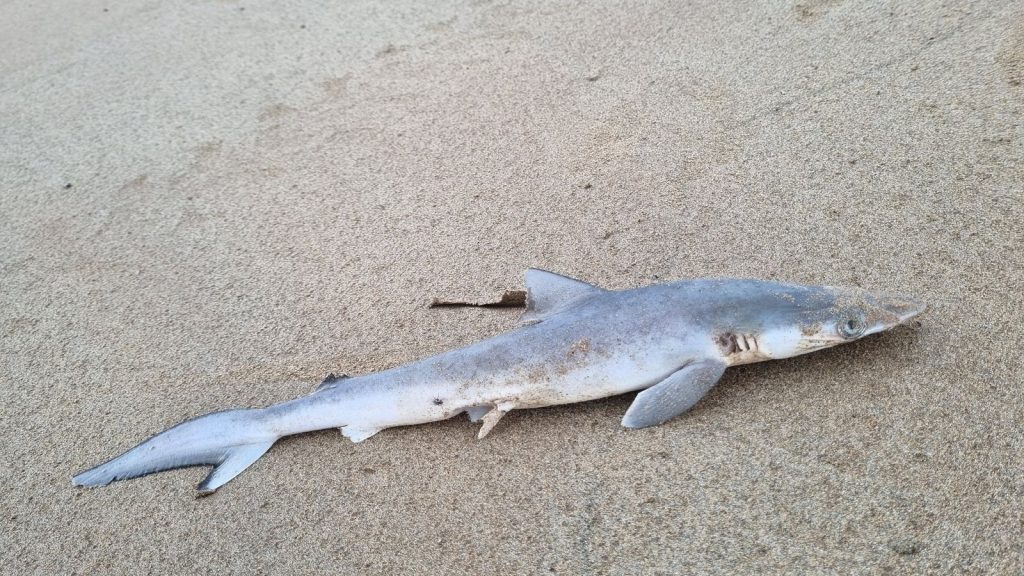Brazilian sharks test positive for cocaine, raising environmental concerns

Marine biologists have discovered high levels of cocaine in sharks off the coast of Brazil, with concentrations up to 100 times higher than previously observed in other aquatic animals.
The study, conducted by the Oswaldo Cruz Foundation, involved testing 13 Brazilian sharpnose sharks near Rio de Janeiro and revealed significant cocaine presence in their muscles and livers.
Researchers suggest that the drug could be entering the waters from illegal manufacturing labs or through human waste. While cocaine dumped at sea by traffickers is considered a less likely source, it has not been ruled out.
Sara Novais, a marine eco-toxicologist at the Marine and Environmental Sciences Centre of the Polytechnic University of Leiria, emphasized the importance and potential concerns of these findings. Notably, all the female sharks in the study were pregnant, though the effects of cocaine exposure on their offspring remain unclear.
The impact of cocaine on shark behavior is still unknown, but previous studies indicate that drugs can affect animals similarly to humans. Last year, similar chemical compounds were found in seawater off the south coast of England, suggesting a broader environmental issue.
Further research is needed to understand the full implications of this contamination and its potential effects on marine life.





